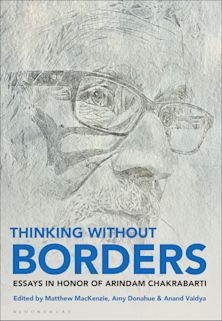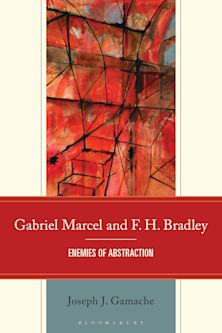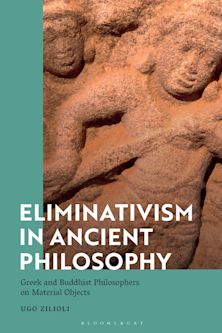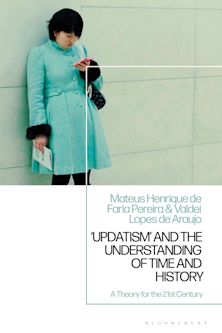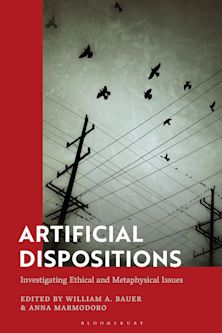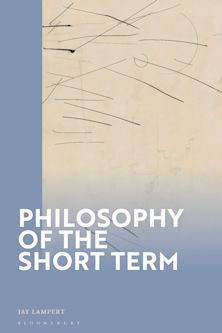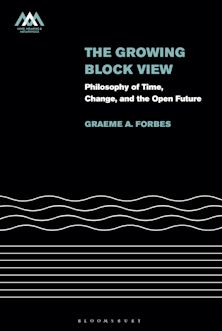- Home
- ACADEMIC
- Philosophy
- Metaphysics
- Trust, Our Second Nature
You must sign in to add this item to your wishlist. Please sign in or create an account
Description
The thesis of this book is that only a social personalism and no form of impersonalism can adequately account for the solidarity and stability of what we individuals share with all other members of our society, our second nature. In the ancient world the discussion of society, at least since Plato and Aristotle, began with the social nature of individuals as found in families and proceeded to topics such as the formation and the well ordering of societies according to eternal principles grasped by reason. Since the beginning of the modern world, at least since Hobbes and Locke, the discussion of society began with the relation of persons and society and then moved on to other topics, usually political and legal ones. The central problem was to find the basis on which individuals formed societies and how they could do so.
Buford's question is with a more basic issue: "What do individuals and society share in common?" or what philosophers since Cicero have called our second nature, and how to best understand its unity and stability. The crisis of our culture in the erosion of both solidarity and stability pointedly manifests itself in our second nature. There the culture in which we live is felt, lived, and shared. Buford asks how we can lay bare our second nature, revealing the extent of the crisis. Our second nature is the form of social actions of persons in triadic relations, and Buford argues that it is there that we find that trust unifies a society and provides the basis for the institutions that stabilize it.
Table of Contents
Chapter 2 Chapter I. Our Problematic Second Nature
Chapter 3 Chapter II. Solidarity: Trusting, Oughting, and Transcending
Chapter 4 Chapter III. Stability
Chapter 5 Chapter IV. Reconciliation
Chapter 6 Chapter V. The Personal
Product details
| Published | Jan 16 2009 |
|---|---|
| Format | Ebook (PDF) |
| Edition | 1st |
| Extent | 164 |
| ISBN | 9798216293057 |
| Imprint | Lexington Books |
| Publisher | Bloomsbury Publishing |
About the contributors
Reviews
-
Buford's Trust, Our Second Nature carefully and clearly sets forth a detailed and wide-ranging social personalism. In so doing, Buford makes clear the contemporary vitality of the personalist tradition, provides an original contribution to it by subordinating argument to the personal, and enlarges our understanding of individual identity, social action, and solidarity.
John J. Stuhr, Emory University
-
This book is an eloquent defense of life in a society structured by trust. Writing from the great American personalist tradition, Buford lays bare the moral underpinnings of human nature. The message is empowering and enlightening.
John Lachs, Vanderbilt University

















